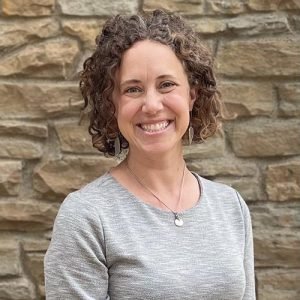While most land-grant universities like the University of Minnesota are located in urban areas, their founding mission is to serve the interests of the entire state. With that in mind, UMN School of Public Health Associate Professor Carrie Henning-Smith formed the Rural Collective in 2020 as a forum for networking and collaboration on rural issues across the entire university system. Today, the Rural Collective includes 184 members and 33 university centers and organizations dedicated to research on rural Minnesota.
A recent survey of Rural Collective members highlights the early success of this initiative. Results of the study, published in Health Promotion Practice, were overwhelmingly positive including:
- 96% of respondents said the Rural Collective is addressing an important need at the university.
- 91% said membership benefits their own work.
- 89% reported learning something new about rural health or engagement since joining.
- 71% made a new professional connection or collaboration

Carrie Henning-Smith because of the group.
The Rural Collective is part of the Rural Health Program, which Henning-Smith co-directs. Henning-Smith, who is also co-director of SPH’s Rural Health Research Center, said the initiative is helping the University fulfill its public mission while also helping to address health inequities across the state.
“We created the Rural Collective to make it easier for faculty and staff across our system to find each other, collaborate, and ultimately better serve rural communities,” said Henning-Smith. “The results of this study are encouraging and show that we’re accomplishing those goals.”
“In addition to fostering a sense of community among UMN faculty, staff, and research centers working on rural issues, the Rural Collective also helps researchers at SPH and across the University address persistent health inequities in rural Minnesota—building a more connected University in service of healthier, more resilient rural communities,” she said.
The Rural Collective was founded as part of a broader Rural Health Program with funding from the University of Minnesota’s Clinical and Translational Science Institute and Office of Academic Clinical Affairs.

